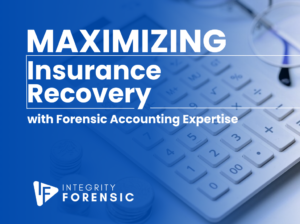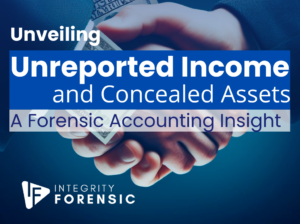Forensic accounting has become increasingly important in recent years as businesses and organizations aim to prevent and detect fraud. One essential component of this effort is the forensic audit, which involves a thorough examination of financial records, transactions, and documentation to identify any signs of fraudulent activity. To ensure a successful forensic audit, there are several key components that must be in place.
First and foremost, a forensic auditor must possess the necessary expertise and experience to conduct a thorough and effective examination. This includes knowledge of accounting principles and practices, as well as an understanding of the various methods and techniques used by fraudsters to conceal their activities.
Another important component of a successful forensic audit is a comprehensive plan and methodology. This should include clear objectives and scope, as well as a detailed plan for collecting and analyzing data, conducting interviews, and presenting findings.
Effective communication is also essential in a forensic audit, both within the auditing team and with stakeholders such as management, legal counsel, and law enforcement. This includes clear and concise reporting of findings, as well as regular updates on the progress of the audit.
In addition, technology plays an increasingly important role in forensic auditing, particularly in the analysis of large volumes of data. A successful forensic audit should utilize the latest tools and techniques to gather and analyze data, such as data mining, predictive analytics, and artificial intelligence.
Finally, a successful forensic audit must be conducted with integrity and objectivity. The auditor must remain impartial throughout the process and ensure that all findings and conclusions are based solely on the available evidence.
In conclusion, a successful forensic audit for fraud detection requires a combination of expertise, planning, communication, technology, and integrity. By focusing on these key components, businesses and organizations can improve their chances of preventing and detecting fraudulent activity, protecting their assets and reputation, and ensuring compliance with legal and regulatory requirements.
At Integrity Forensic, we have a team of experienced forensic accountants to assist you. Call now for a free consultation: 855-673-9999 or send us a message at questions@integrityforensic.com.





